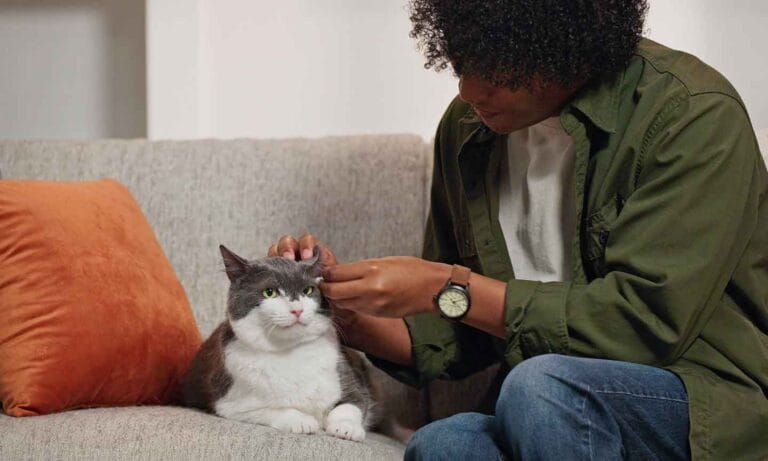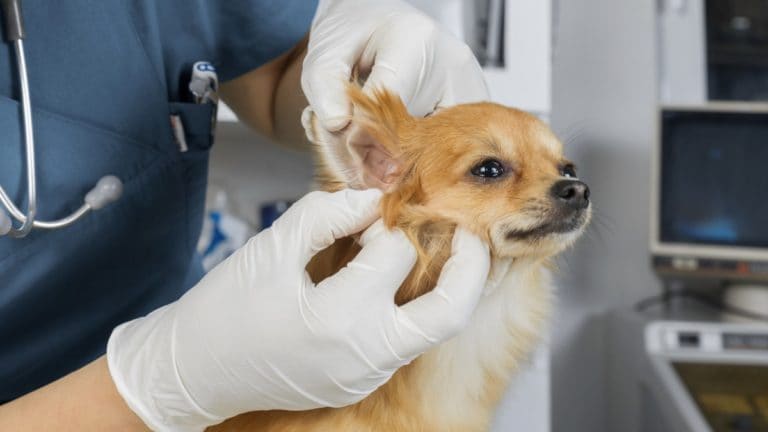Heartworms can be a serious problem for pets. These parasites live in the heart, lungs and blood vessels of infected animals, and can cause major complications. Now, that might sound scary, but heartworm disease can be treated and there are ways to prevent it from ever happening in the first place.
We teamed up with Dr. Anvita Bawa, regional medical director with Midwest Veterinary Partners in Royal Oak, Michigan, to answer your questions about heartworms in dogs and cats, including how pets get heartworm disease, what the signs are and whether humans can get it.
Q:
How do dogs get heartworm?
A: Dogs get heartworm disease from mosquitoes.
Q:
What are early signs that my dog has heartworms?
A: Many dogs show few or no symptoms at all in the early stages of heartworm disease so as an owner, you may not notice anything different with your dog in the beginning.
Q:
Can my cat get heartworms/tapeworms?
A: Yes, absolutely, your cat can get heartworms and tapeworms as well.
Q:
Are heartworms/tapeworms contagious from dog to dog?
A: Heartworm disease is not contagious from dog to dog since it requires a mosquito vector. On the other hand, tapeworms are contagious from dog to dog as it has a fecal-oral transmission.
Q:
Can humans get heartworms from dogs?
A: Humans cannot get heartworm disease from a dog. In fact, since humans are not a natural host for heartworms, it is rare for a human to contract heartworm disease.
Now that you know how pets can get heartworm disease and what the signs are, you’ll want to take the proper precautions to prevent heartworms from infecting your pet. If you think your pet might have heartworm disease already, be sure to speak to your vet.
To learn more about the treatment and prevention of heartworms in dogs, read this.
To learn about the treatment and prevention of heartworms in cats, read this.
Share:









